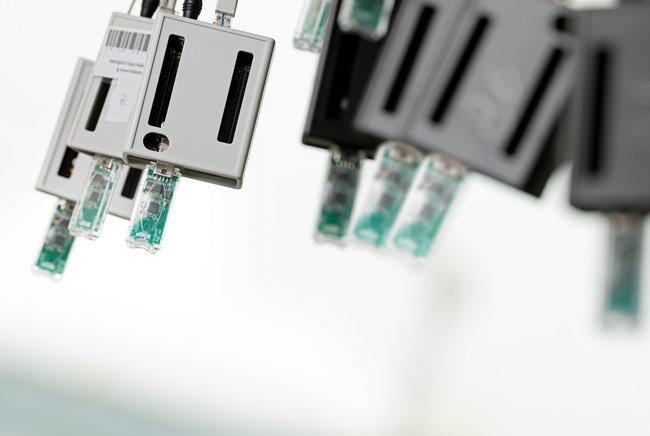Tackling digital threats with cyber security research grants
Eindhoven University of Technology is involved in three new research projects in the field of cyber security

The challenges we face in the digital domain are very real. On a daily basis Dutch society is threatened by cyberattacks in varying degrees of severity and from various actors. As societies become ever more digital, managing security risks is now more urgent than ever. Eindhoven University of Technology is involved in three new research projects in the field of cyber security to meet these challenges.
The three projects are part of the NWO Call Cybersecurity - Digital Security & Privacy, with a total amount of four million euros for ten research projects. Societal and private partners jointly co-finance € 1.4 million. The average duration of the projects is four years. The three projects in which TU/e plays a prominent role:
Collusion attacks
This project FORWARDT (FORensic WAtermarking with Robust Dynamic Trading) aims to improve the resilience of audio-video watermarks against so-called collusion attacks, where multiple attackers hold differently watermarked versions of the same content. We focus in particular on the challenges in real-world content delivery systems, e.g. multi-channel attacks and dynamic tracing. Boris Skoric leads this project.
Alerting incoming threats
Cybersecurity Operation Centres monitor incoming threats, but are only useful for incident investigation (as opposed to prevention) because of the vast amount of generated incoming alerts. SeReNity (Evidence-Based Security Response ceNters) will develop new technologies accounting for alarm prioritization that integrates with human expertise to enable Security Response Centres and stop attacks before it’s too late. On behalf of the TU/e, Luca Allodi (as project leader) and Chris Snijders are involved in this project.
Physical keys
The project SMOKE (Single-Mode Optical physical unclonable Keys) focuses on applying Physical Unclonable Keys to secure the hardware of sensitive communication networks, in particular fiber and free-space links. They aim to develop a highly secure and practical authentication system based on optical quantum-readout of physical keys, where the challenge-response mechanism operates in the time-frequency domain. On behalf of TU/e Chigo Okonkwo and Boris Skoric work on this project.
Challenges in the field of cyber security
The National Cyber Security Research Agenda (NCSRA) III describes challenges for research in the field of cyber security around five pillars: Design, Defense, Attacks, Governance and Privacy. This agenda is an incentive for multidisciplinary cooperation. For example, each pillar needs contributions from, for example, computer sciences, engineering, social sciences and the humanities.
Within the NCSRA III, the Netherlands Organization for Scientific Research (NWO) has made more than five million euros available to facilitate chain-wide research cooperation in the field of cyber security. The intention is to conduct fundamental and practice-oriented research within one project. In order to achieve research results that both contribute to the knowledge base within cyber security and that can be applied in the relatively short term to the social and private partners within the projects.